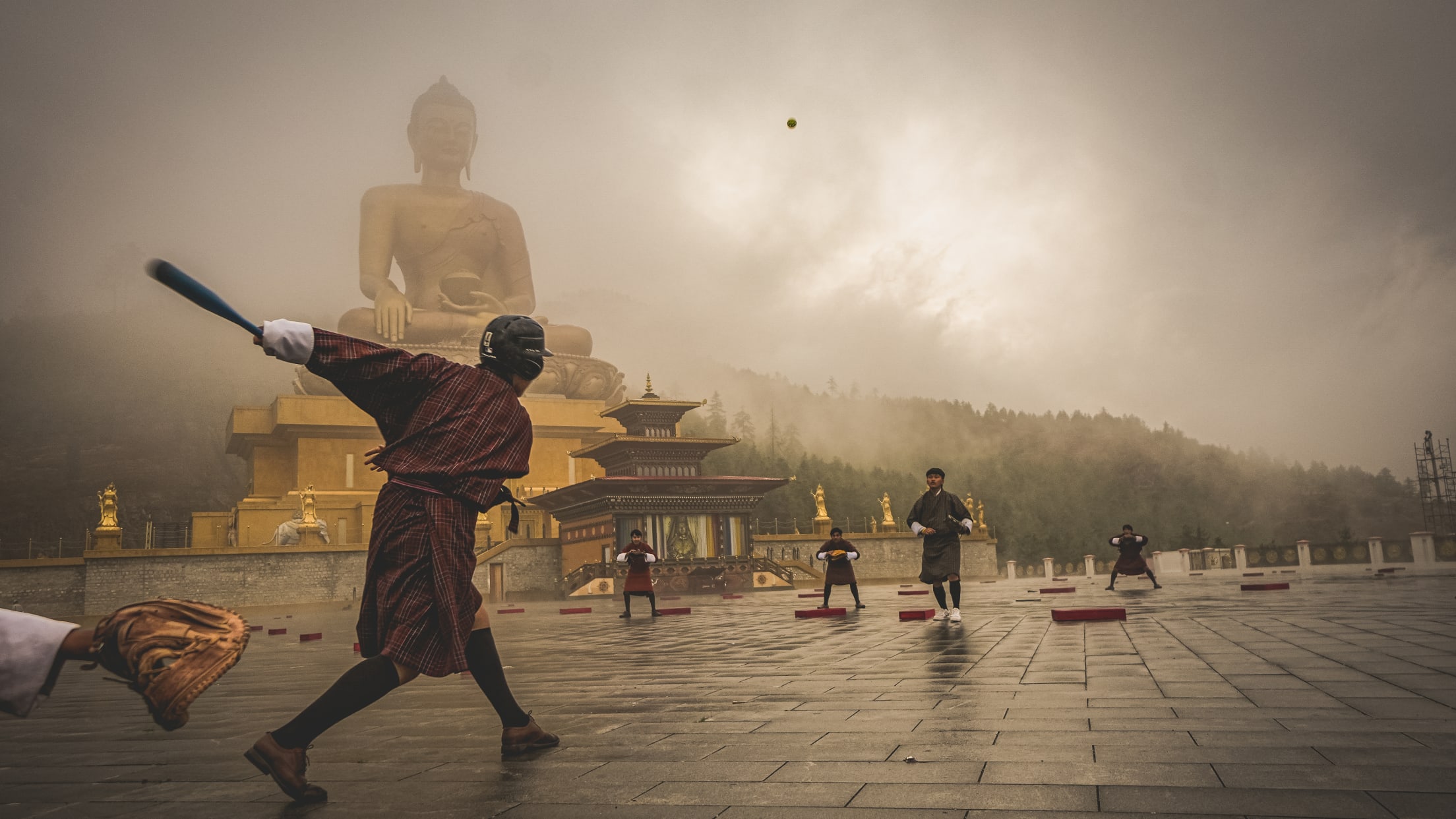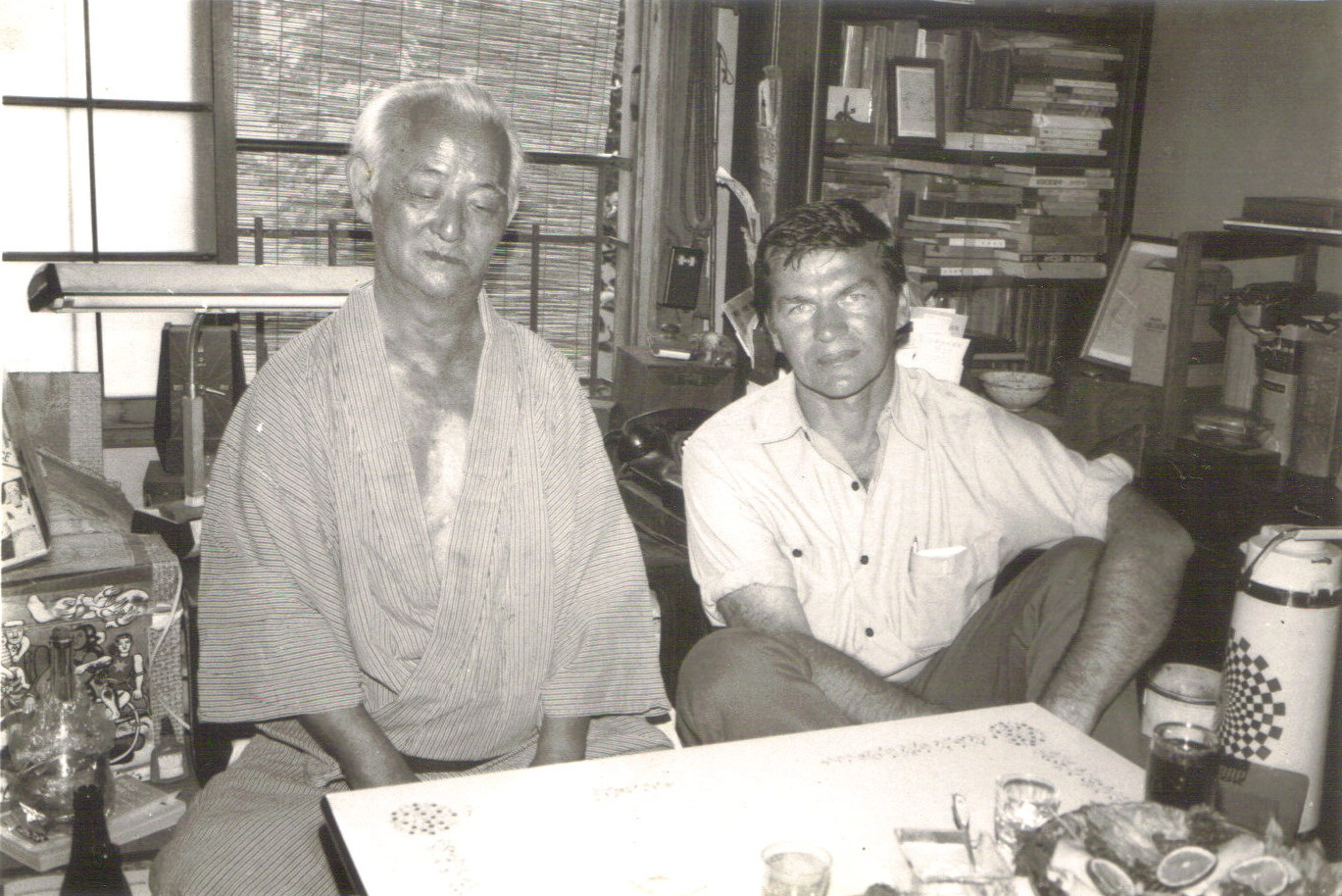
The universal body
of reality is so subtle that you
do not hear it when you deliberately
listen for it, and you do not see it when you
look at it. As for the pure knowledge that
has no teacher, how can it be attained
by thought or study?

The universal body
of reality is so subtle that you
do not hear it when you deliberately
listen for it, and you do not see it when you
look at it. As for the pure knowledge that
has no teacher, how can it be attained
by thought or study?

A deep
and sophisticated
understanding of Buddhism,
Taoism, Zen, Ch’an, philosophy,
meditation technique — none of these
is necessary to attain realization.
They are just as likely to
ensnare you in towers
of complicated
thought.
Abide
in the simple
understanding that
buddha nature is always,
has always been, will always be,
your own nature. Breathe into
that. Breathe out from it.
That is all.

You
can now buy
Wei wu Wei Ching as part of a
five-app bundle of Taoist classics
for iPhone or iPad for less than
the cost of one hardcover
book.
see also
Hexagram 25, Wu Wang / Innocence (The Unexpected)

lucien stryk on shinkichi takahashi
I hold a newspaper, reading.
Suddenly my hands become cow ears,
Then turn into Pusan, the South Korean port.
Lying on a mat
Spread on the bankside stones,
I fell asleep.
But a willow leaf, breeze-stirred,
Brushed my ear.
I remained just as I was,
Near the murmurous water.
When young there was a girl
Who became a fish for me.
Whenever I wanted fish
Broiled in salt, I’d summon her.
She’d get down on her stomach
To be sun-cooked on the stones.
And she was always ready!
Alas, she no longer comes to me.
An old benighted drake,
I hobble homeward.
But look, my drake feet become horse hoofs!
Now they drop off
And, stretching marvelously,
Become the tracks of the Tokaido Railway Line.

Every instance
of recognizing a teacher
is an authorization of spiritual power.
The most important one of these, and the only
absolutely necessary one on the way to
complete realization, is recognizing
yourself as your own
teacher.

You
can now buy
Wei wu Wei Ching as part of a
five-app bundle of Taoist classics
for iPhone or iPad for less than
the cost of one hardcover
book.

The art of peace
begins with you. Work on yourself
and your appointed task in the art of peace.
Everyone has a spirit that can be refined, a body
that can be trained in some manner, a suitable path
to follow. You are here for no other purpose than
to realize your inner divinity and manifest your
innate enlightenment. Foster peace in your
own life and then apply the art to
all that you encounter.